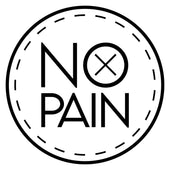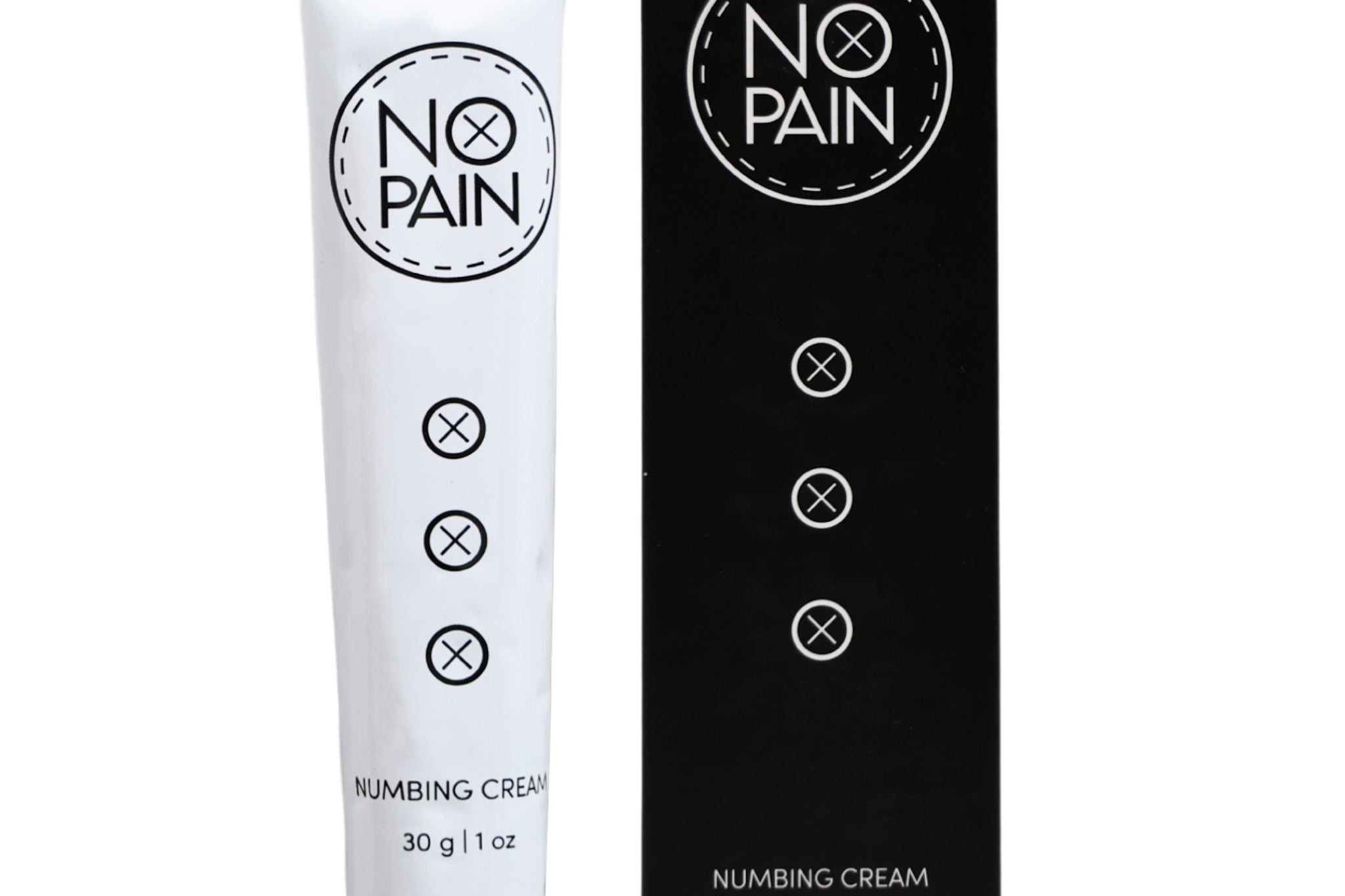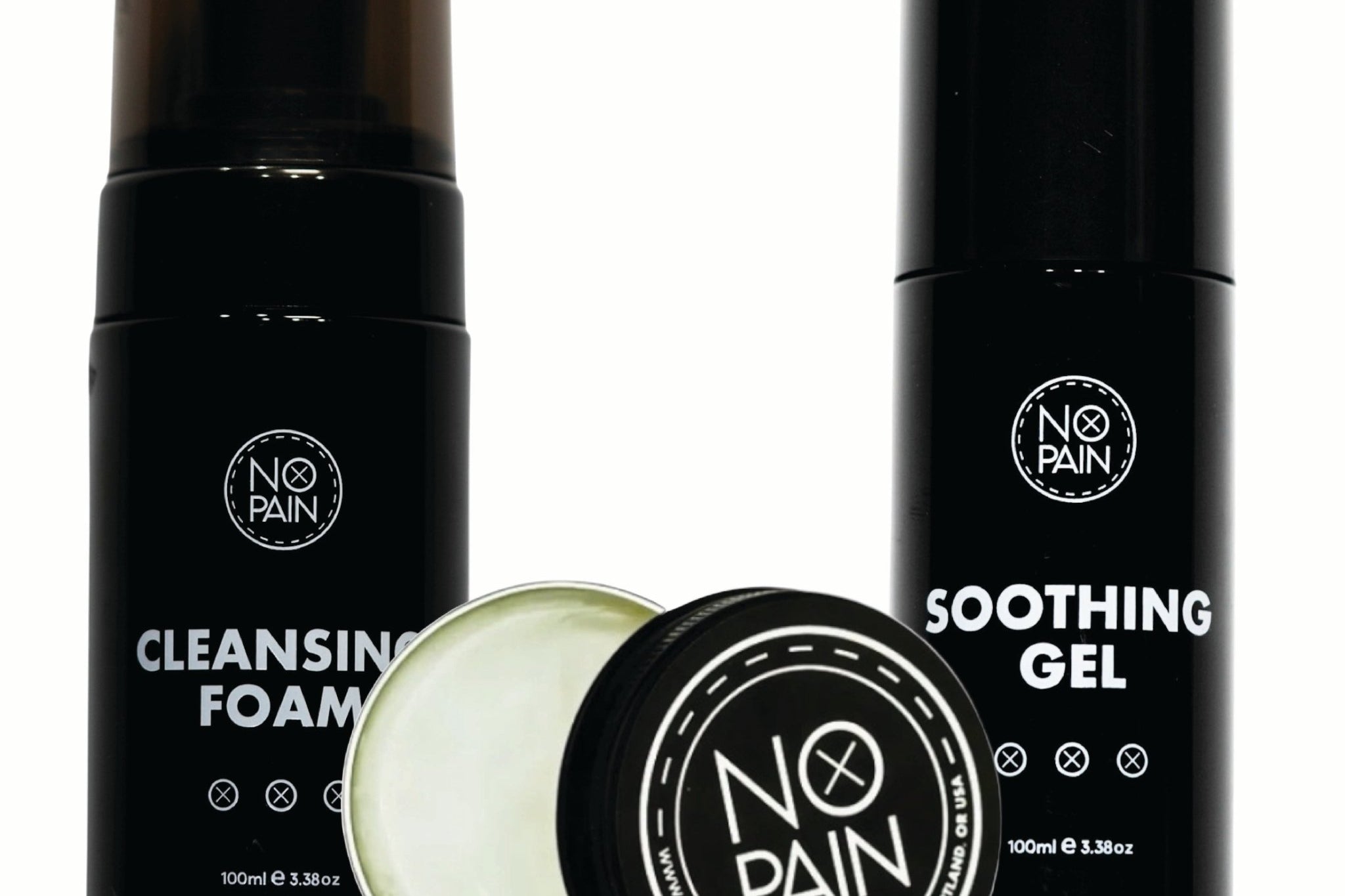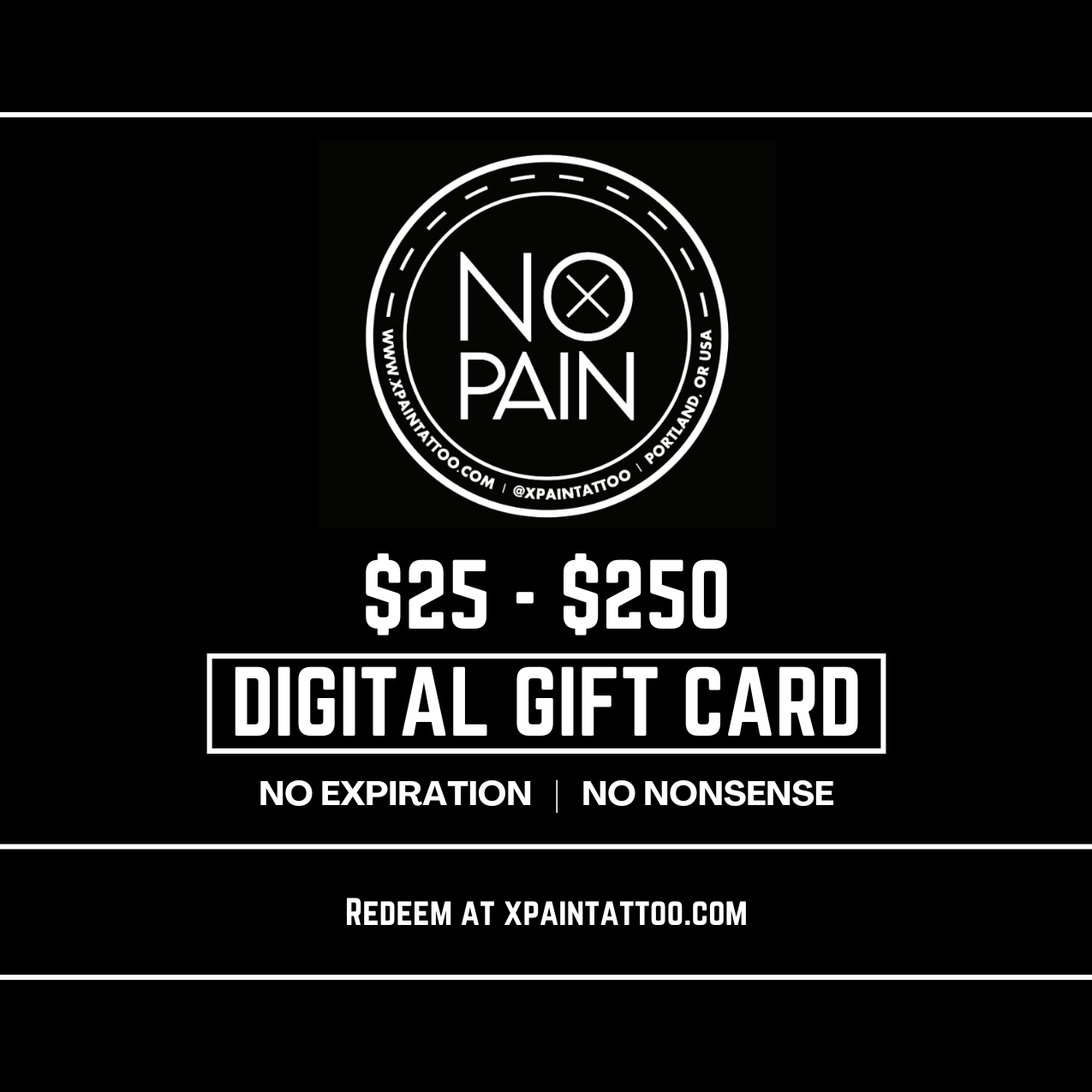You're a smoker, and you're ready to get a new tattoo. You've prepared for the cost, the design, and the pain, but have you considered how your smoking habit might affect the outcome of your new art? Many people don't realize that smoking can have a significant and negative impact on both the tattooing process and, more importantly, the healing journey.
Knowing the risks involved is the first step in ensuring your tattoo experience is as safe and successful as possible. This is your complete guide to the challenges of getting tattooed as a smoker and what you can do to mitigate them.
The Immediate Impact: During Your Tattoo Session
-
Nicotine is a Vasoconstrictor: Nicotine causes your blood vessels to tighten and constrict. This can reduce blood flow to the skin, which some artists report can make the skin a bit tougher to work with and can sometimes affect how evenly the ink is saturated.
-
The "Smoke Break" Etiquette: Taking frequent smoke breaks can disrupt your artist's rhythm and make the session take much longer. It's also a matter of professional courtesy to not return to the chair smelling strongly of smoke. Consider using nicotine pouches during your session to manage cravings without the breaks.
The Major Risk: A Compromised and Difficult Heal
This is where smoking poses the biggest threat to your new tattoo. How long does it take for a tattoo to heal? For a smoker, the answer is often "much longer."
Smoking directly impairs your body's ability to heal a wound.
-
Poor Circulation: The vasoconstriction caused by nicotine means less oxygen-rich blood can get to your healing tattoo. Oxygen is absolutely essential for your skin to repair itself and regenerate new cells. This poor circulation is a primary reason for a prolonged and difficult healing process.
-
Weakened Immune System: Smoking compromises your immune system. Your body will have a harder time fighting off potential infections in your new, open wound. A tattoo infection is a serious complication that can permanently damage your art.
-
Increased Risk of Complications: Because the healing is slower, you are more likely to experience heavy scabbing, cracking, and patchiness. You'll be left constantly wondering, "is my tattoo healing properly?"
The Long-Term Effect: Premature Fading
How tattoos age is directly linked to the health of your skin. Smoking is known to degrade the collagen and elastin in your skin, which leads to premature aging. For your tattoos, this means the skin is less firm and resilient, which can contribute to the lines spreading and the ink fading more quickly over the years.
Your Action Plan: How to Get the Best Result
The ideal solution is to try and quit or at least significantly cut back on smoking in the weeks before and after your tattoo appointment to give your body the best possible chance to heal. However, if that's not realistic, your tattoo aftercare routine must be absolutely flawless to counteract the challenges.
-
You Must Be Meticulous with Cleaning: Because your risk of infection is higher, you must keep the area impeccably clean. Our No Pain Tattoo Cleansing Foam is a gentle, antimicrobial wash that is essential for this.
-
Support Your Struggling Skin: Your skin needs all the help it can get. A high-quality, nourishing aftercare product is non-negotiable. Our No Pain Tattoo Aftercare Balm provides the breathable moisture and essential nutrients your skin needs to heal as efficiently as possible.
The Verdict: While being a smoker doesn't mean you can't get a tattoo, it does mean you are starting the healing process with a significant disadvantage. By being aware of the risks and committing to an absolutely perfect aftercare routine with a professional system like our No Pain Tattoo Aftercare Bundle, you can give your body the support it needs to heal a beautiful piece of art.




